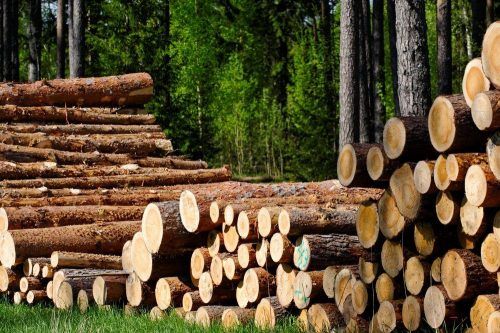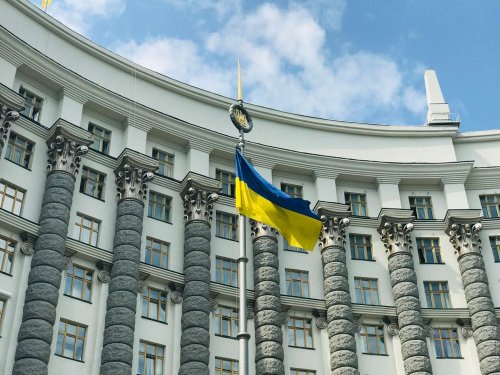The Cabinet of Ministers of Ukraine, by its resolution No. 1239, made changes to the rules of forest felling. In particular, the approaches to felling, the formation of fire-resistant forest edges, the laying of forest roads and the handling of dangerous trees felled in national parks have been changed.
Members of the Ukrainian Environmental Protection Group (UEPG) published the results of their own analysis of this government document on Facebook.
Activists said that most of the new changes are technical. They regulate at the legislative level those fellings that were carried out earlier. But there are also differences.
1. Cuttings for the formation of fire-resistant edges.
Clause 59 of Resolution No. 1239 stipulates that foresters will now have the opportunity to thin the forest on the border of the coniferous forest and settlements, fields and other places where fires occur, and additionally make preventive felling in it to reduce the amount of combustible materials. Such felling will not be carried out on the territory of the objects of the nature reserve fund. UEPG says that they are an alternative to cutting firebreaks, which completely destroy the forest.
2. Prohibition on the construction of forest roads in nature reserves.
Activists said that this was repeatedly abused by foresters, for example, in Volyn in the "Zubr" reserve. Also, the new resolution requires that the list of areas where road construction is planned be determined by forest management, which is approved by the Ministry of Environmental Protection and Natural Resources of Ukraine.
3. Dangerous trees felled in national parks must remain in the forest as dead wood.
Clause 68 of the new Cabinet resolution contains such a requirement. The UEPG noted that it does not apply to areas within settlements and the most fire-prone forests. From here, as before, cut dead wood must be removed.
"Whether nature will be better from the new rules is difficult to say now. Considering the anti-environmental position of the State Enterprise "Forests of Ukraine", there is a risk that they will start abusing and manipulating the appointment of new types of felling, as was the case with reshaping felling", – say eco-activists.
They are sure that it will largely depend on the position of the Ministry of Environment at the stage of approval of forest management materials.
Earlier, EcoPolitic wrote, that the other day Ekopolitika wrote about changes in the rules of felling, announced by Yury Bolokhovets, general director of "Lisa Ukrainy" SE.





